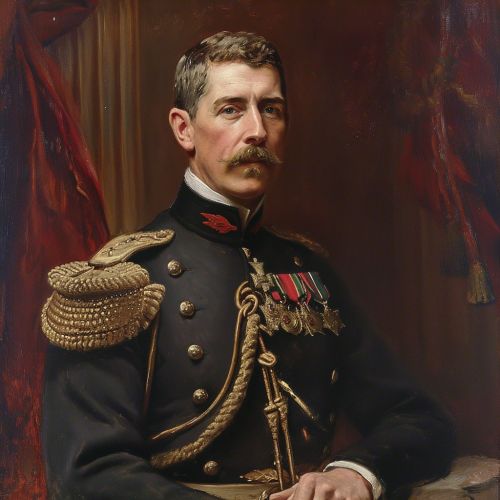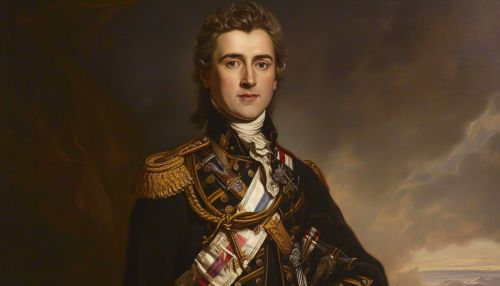Patrick Ruthven, 1st Earl of Forth
Early Life
Patrick Ruthven was born in Scotland in the year 1573, the son of William Ruthven, and Dorothea Stewart. His father was involved in the Ruthven Raid, a political conspiracy in Scotland, which led to his execution and the forfeiture of his titles and estates. Patrick, therefore, grew up in a politically turbulent environment, which would later shape his military and political career.
Military Career
Patrick Ruthven began his military career in the Swedish service, under King Gustavus Adolphus. He quickly rose through the ranks due to his strategic skills and leadership abilities. He participated in several significant battles, including the Battle of Breitenfeld and the Battle of Lützen, where King Gustavus Adolphus was killed.


Return to Scotland
After the death of Gustavus Adolphus, Ruthven returned to Scotland in 1638. He was welcomed by King Charles I, who restored his father's forfeited titles and estates. Ruthven was created 1st Earl of Forth and became a key figure in the Bishops' Wars, a series of conflicts between the monarchy and the Presbyterian Covenanters in Scotland.
Role in the English Civil War
During the English Civil War, Ruthven remained loyal to King Charles I. He served as the commander of the royalist forces in Scotland and played a crucial role in the Battle of Edgehill and the First Battle of Newbury. His strategic skills and leadership were instrumental in the royalist's initial successes.
Later Life and Death
Ruthven was appointed as the Lord High Treasurer in 1644. However, his health began to decline, and he retired from public life in 1645. He died in 1651, leaving behind a significant legacy in Scottish and English history.
Legacy
Patrick Ruthven, 1st Earl of Forth, is remembered for his military prowess and his loyalty to the monarchy. His strategic skills and leadership abilities were instrumental in several key battles during the Bishops' Wars and the English Civil War. His life and career offer a unique insight into the political and military history of Scotland and England during a period of significant upheaval and change.
